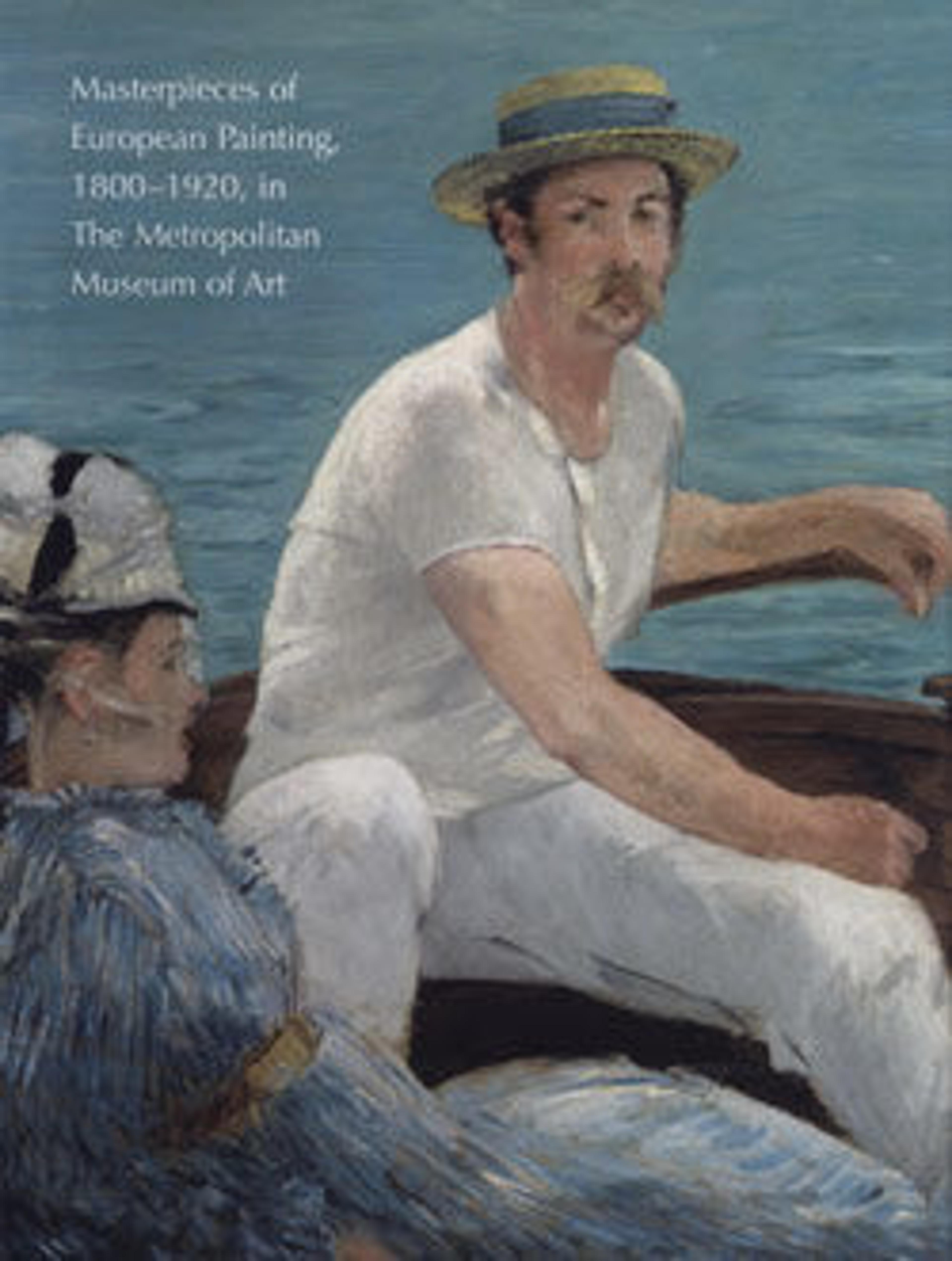Soap Bubbles
A schoolboy, identifiable by the books on the desk, contemplates soap bubbles, traditional symbols of the transience of life. A wilting laurel wreath on the wall behind him suggests the fleeting nature of praise and honors. The word "immortalité," inscribed on the paper inserted in the mirror, reinforces the painting’s allegorical content.
Couture was an influential teacher known for his opposition to strict academic instruction. Among his pupils was Manet, who in 1867 painted his own, more naturalistic, version of this subject (Museu Calouste Gulbenkian, Lisbon).
Artwork Details
- Title:Soap Bubbles
- Artist:Thomas Couture (French, Senlis 1815–1879 Villiers-le-Bel)
- Date:ca. 1859
- Medium:Oil on canvas
- Dimensions:51 1/2 x 38 5/8 in. (130.8 x 98.1 cm)
- Classification:Paintings
- Credit Line:Catharine Lorillard Wolfe Collection, Bequest of Catharine Lorillard Wolfe, 1887
- Object Number:87.15.22
- Curatorial Department: European Paintings
More Artwork
Research Resources
The Met provides unparalleled resources for research and welcomes an international community of students and scholars. The Met's Open Access API is where creators and researchers can connect to the The Met collection. Open Access data and public domain images are available for unrestricted commercial and noncommercial use without permission or fee.
To request images under copyright and other restrictions, please use this Image Request form.
Feedback
We continue to research and examine historical and cultural context for objects in The Met collection. If you have comments or questions about this object record, please contact us using the form below. The Museum looks forward to receiving your comments.
